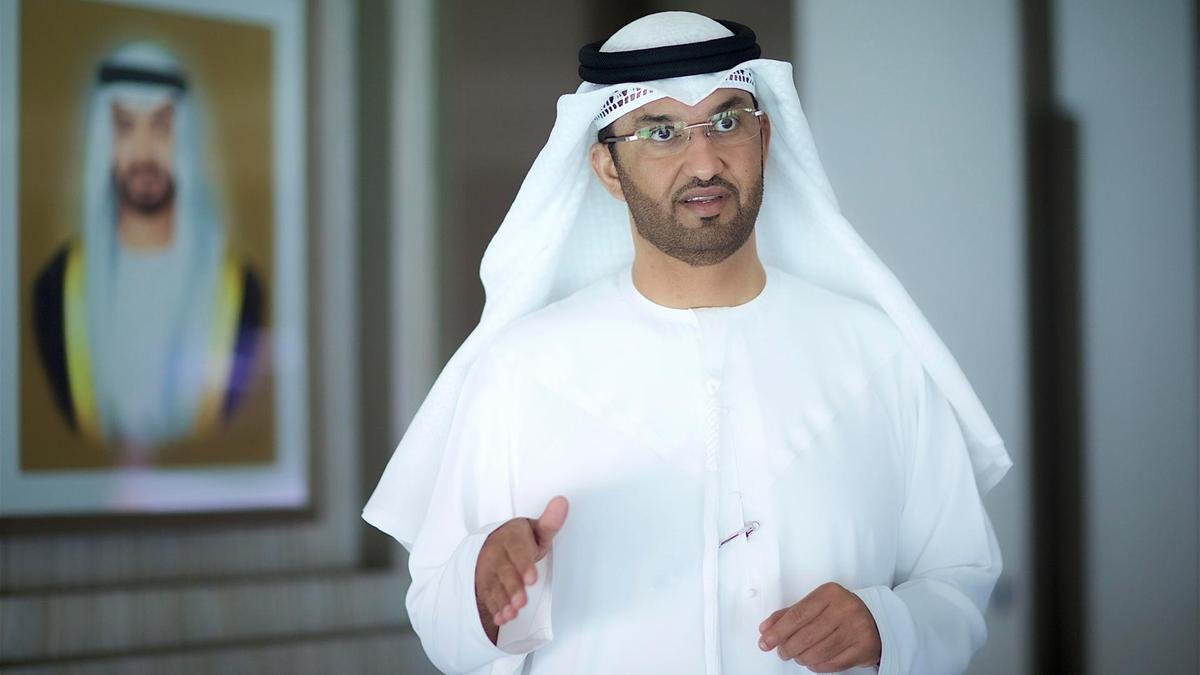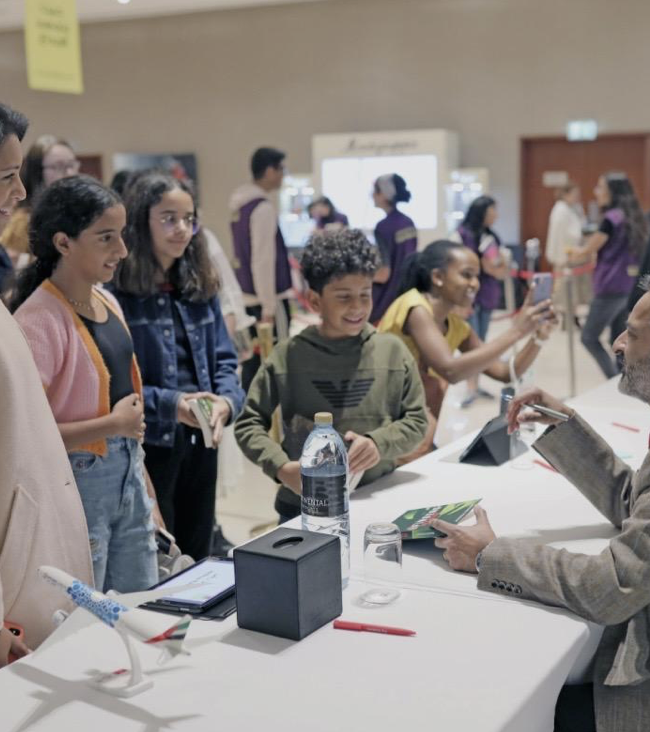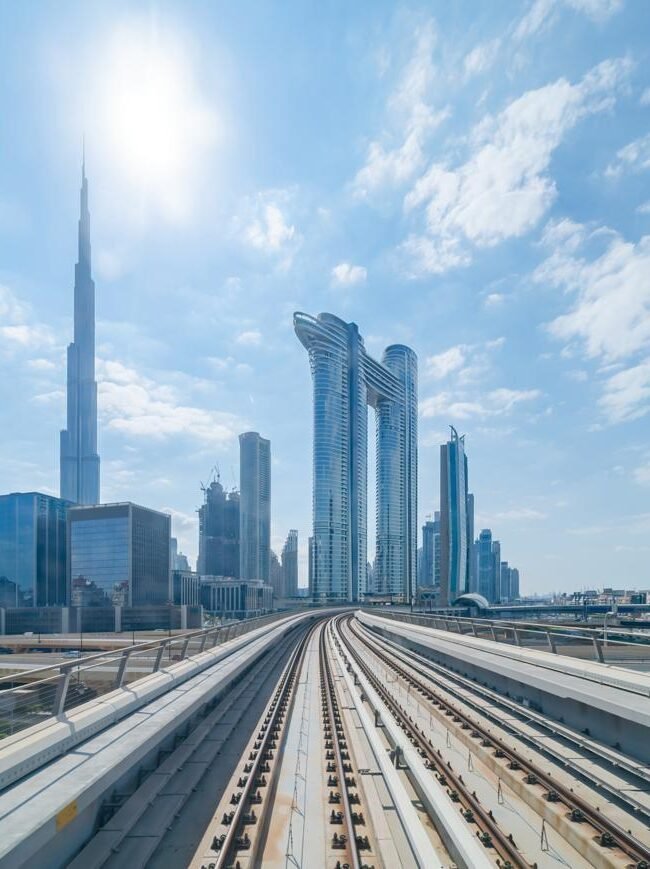UAE’s COP28 chief urges the world to join in climate fight

Four years after the UAE observed the Year of Tolerance, the designated president of the COP28 climate summit has asked his detractors to come together in collective efforts to make the world more sustainable.
Dr Sultan Al Jaber is due to head the 28th Conference of Parties (COP) by the host UAE, a decision seen by critics as a conflict of interest. The UAE is one of the largest oil producing countries in the world and a big producer of fossil fuels. Critics only see Dr Al Jaber as the head of the national oil company ADNOC, which operates from the UAE capital of Abu Dhabi.
Dr Al Jaber, however, is also the UAE’s climate envoy as Dubai hosts the COP 28 from November 30 to December 12. He is also the current chair of Masdar City, which aims to generate 100 gigawatts of renewable power by the end of the decade, a goal that exceeds those set by some larger European nations.
Dr Al Jaber maintains a poise befitting the statesman among the discontent over his appointment. At the India Energy Week earlier this month, he only assured his critics: “There is no conflict of interest. It is in everyone’s best interests for the energy industry to collaborate with everyone.”
Under his leadership at the Abu Dhabi International Petroleum Exhibition and Conference in October last year on the eve of COP 27, which was held in Egypt, Dr Al Jaber sent out the message from the UAE towards its Net Zero aim by 2050 – ‘Maximum energy, minimum emissions.’
In India, too, Dr Al Jaber showed how the UAE is the perfect understanding ally as he reminded all that every country will require oil and gas for some time, and the switch cannot happen overnight. He said the need of the hour, rather, is to increase development of sufficient clean power to phase it out as quickly as possible, and doing so in a way that strengthens economies through policies that are “both pro-growth and pro-climate.”
Nations should aim to raise spending on technologies including carbon capture, nuclear power and hydrogen, according to Al Jaber. “Spending on these fundamental enablers of decarbonisation are less than 5 per cent of what is spent on renewables,” he said. “This must change.”
Terming the climate fight to keep the global warming rate to 1.5°C as “non-negotiable” recently, Dr Al Jaber also reminded that money remains a key aspect, too. “The step change in the progress we need will require lots of capital – not just billions, but trillions. And we must make sure that this capital is accessible and affordable,” he said.
Most global leaders have supported Al Jaber’s appointment and the UN’s decision to host this year’s COP in the UAE, including President Joe Biden’s special climate envoy, John Kerry.
Makhtar Diop, managing director of the International Finance Corporation, said at the World Government Summit last week: “The reality is that today, the UAE is one of the countries that invests most in renewable energy. That is a fact. So one can say a lot of things, but facts are here.”
With such strong words from global leaders and the man himself, having an influential person from one of the world’s richest countries is a double-edged sword worth having than a blunt object in the fight for saving the climate.








